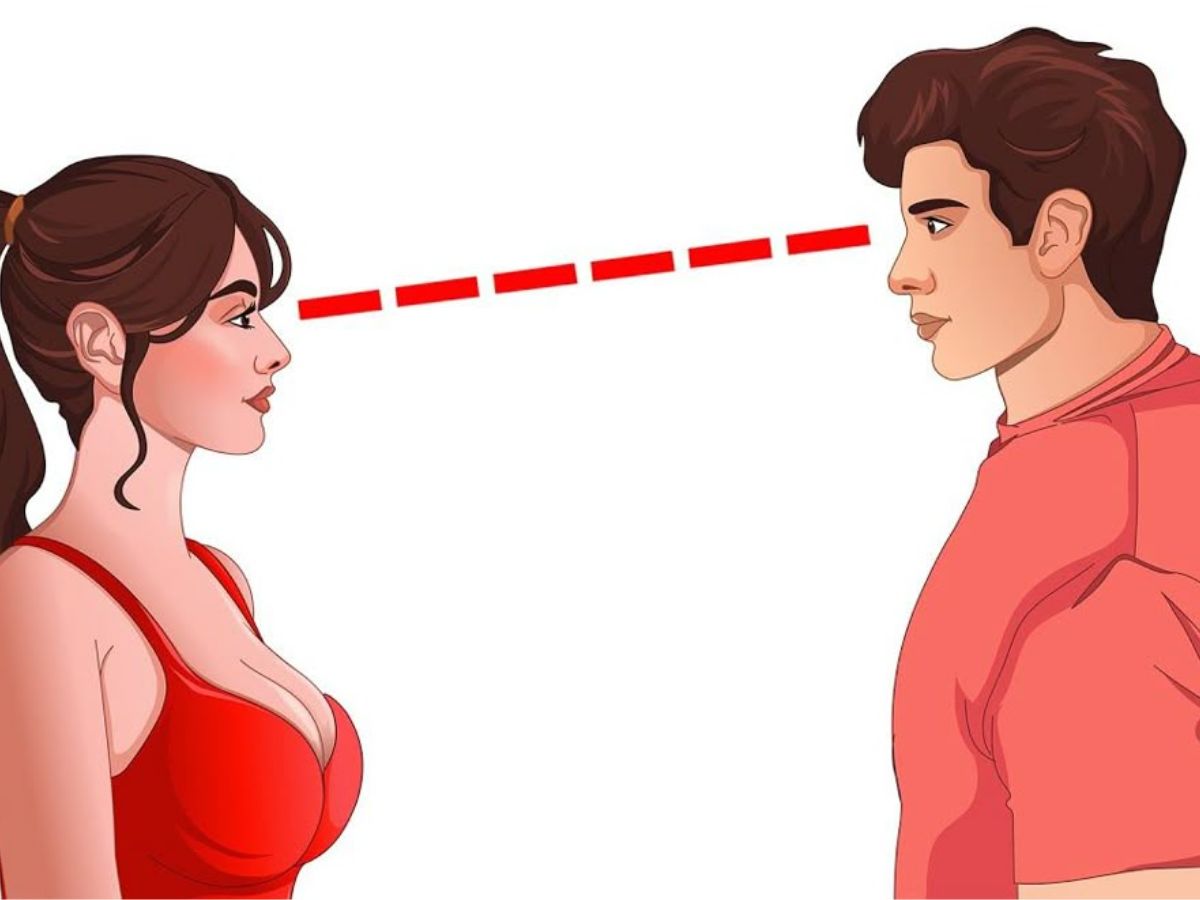Top 6 Psychological Tricks to Get Someone to Like You
Making someone like you is not always about how you look or your big fancy efforts, sometimes small psychological tricks can make that love bell ring. If you are trying to make a new friend. Or have your colleague notice you, or maybe impress someone in your gym. These easy tricks can help you win that special person’s heart naturally.

Use the Power of Mirroring
Try to copy the other person’s body language, like if they lean in while speaking, then lean in slightly too. This makes them more comfortable and builds that similar connection.

Call Them by Their Name
Call them by their name during a conversation make it more personal and warm. Hearing your own name activates positive emotions.

Show Genuine Interest
Ask open-ended questions but try to listen to their answers carefully. Don’t interrupt and respond with a good, thoughtful answer. It makes them feel heard and valued.

Find Common Ground Quickly
During conversations, share your experiences or interests, like hobbies, travel experiences, or past stories related to your conversation. It can create instant bonds.

Use Positive Body Language
Positive body language can make a big difference, especially with girls they tend to notice these small gestures. The way you maintain eye contact, or how often you smile, and even your posture.

Give Honest Compliments
Compliments work best when you have developed feelings for someone. Give a genuine or specific compliment like ‘You’re nice’ or ‘I admire the way you think’. If you give your compliments some personal touch, it makes them feel noticed.

Disclaimer
This photo gallery is for informational purposes only. The tips shared are based on general psychological principles and personal interaction techniques. Results may vary, and they should not be used to manipulate, harm, or deceive anyone. Always be respectful of others’ boundaries and consent.





